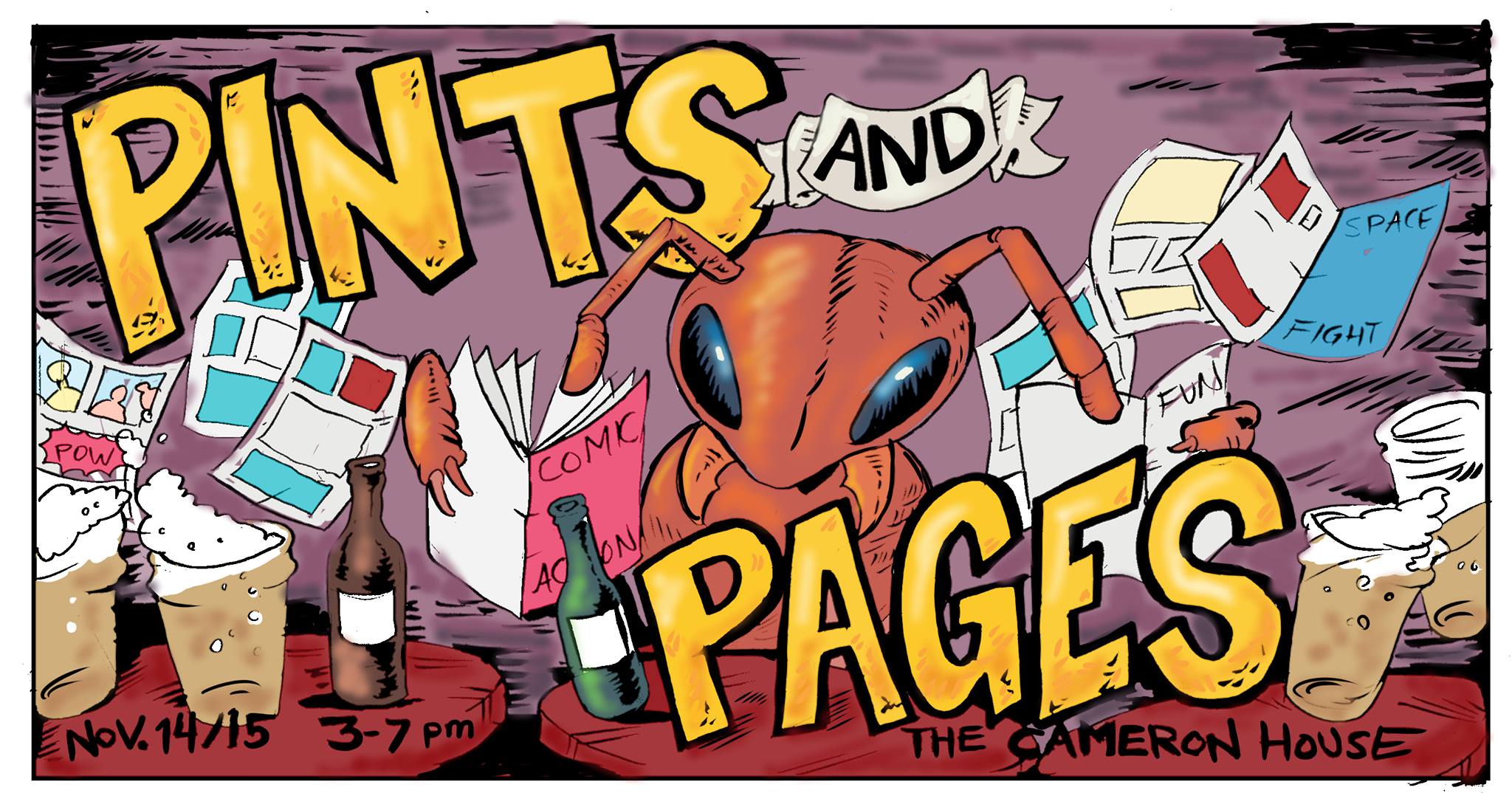“You’re not smart enough to play dumb.”
Barnes’ retort is as much a statement directed at Gotham’s producers as it is to Harvey. The second season has, above (or despite) the subplots and plethora of villains, focused on the question of whether Jim Gordon is any better than the criminals he puts behind bars. An interesting question that becomes more compelling when good and evil is presented as a sliding scale and all actions fall into a moral grey area. The problem is, Gotham hasn’t engaged with this theme in any meaningful way; it’s like digging a trench ten feet wide and one inch deep rather than one foot wide and a hundred feet deep. More often than not, Gordon gets a get out of jail free card, is allowed to pass Go, and collect his $200. Did he go to prison? Yes, but the stakes were low and he promptly escaped, albeit with help. Galavan’s death was given a perfunctory glossing over, so Gordon’s actions have never really been called to the carpet. The show’s full court press on Gordon’s frame job provides a convenient distraction from the fact he actually killed someone, and in cold blood. “Into the Woods” then, is another example of Gotham’s failure to deal with Gordon’s crumbling morality while filling time with seemingly meaningless subplots.
In fairness, the episode makes a return to the cat-and-mouse game between Gordon and Nygma that made “Mad Grey Dawn” a standout. It seems counter-intuitive for this to be as much fun as it is, considering we know Gordon didn’t kill the cop and we know Nygma framed him. But not all that glitters is gold, for the first portion of the plot is uninspiring. To have Gordon run from the cops and recover a tape – a reel to reel tape at that – that may uncover the identity of the “eyewitness” is boring. Only when Gordon visits Nygma for help with the tape do things become interesting; a close quarters tête-à-tête that provides great tension and suspense as Gordon comes to the slow realization that the man he as turned to for help is the same individual who framed him.
The slow playing of Gordon’s growing awareness culminates in the episode’s best scene, where Nygma reluctantly cleans up the tape and the two realize what’s going on. The clean audio reveals a cuckoo clock in the background, just as Nygma’s very same cuckoo clock goes off in the apartment. As Gordon pulls a gun, Nygma shocks the chair Gordon sits on and incapacitates him. This is the kind of fun and suspenseful back-and-forth tension that needs to be included in the show more often. And it’s pleasing to see all the pieces fall into place, despite more or less knowing the eventual outcome, as the show rarely commits to storytelling that is straightforward. That straightforwardness allows Gordon to trick Nygma into digging up Kringle and confessing to the frame job and make it satisfying in the process. Sometimes less is more.
What’s more satisfying is that the Nygma-Gordon game does the best job of exploring the “monster in all of us” theme that permeates the season. The show has fallen victim to telling over showing, creating tension out of Gordon murdering Galavan, but has skirted around the revelation of that fact, until now. For the first time, Gordon is genuinely confronted with his actions, even if briefly. Gordon confronts Nygma for framing him, and executes a good leap onto his soapbox; but Nygma returns the serve with his knowledge of Galavan’s murder. Finally, someone knows what happened and confronts Gordon about his actions. That means something, that’s important. Unfortunately it won’t last, as Nygma ends up in prison and Gordon is back on the GCPD and investigating the Wayne murders, but for a moment the show focuses on its supposed big theme with a crystalline clarity.
Big theme aside, it is Corey Michael Smith’s performance as Nygma/Riddler that gives this cat-and-mouse game the necessary depth. Smith gives us a Riddler who is cunning, sinister, and two steps ahead of Gordon, and this is what we have been waiting for. Unfortunately, it seems Gotham is a town that ain’t big enough for two cunning, sinister super villains, as Penguin mopes through the story in what can only be described as stunned meekness, devoid of any trace of his former self. That is, until he uncovers the truth of his lost and now dead father. The true Penguin reappears to exact vengeance on Grace and her children in a nod to Hannibal Lecter, but even this is not without its problems.
Penguin was wasted in an unnecessary, meaningless subplot and though it’s pleasing to see this and Bruce’s “I must learn the way of the criminal” story end, eyebrows are raised with regards to the execution. Yes, Penguin is his murderous, sinister self again, but it doesn’t happen until he finds the decanter with the poison still inside! Why Grace would keep the poison is beyond comprehension, a vulgar display of narrative contrivance. Even Penguin is baffled on our behalf, though how he, a man of astute perception, doesn’t know Grace was after Elijah’s money is equally baffling.
More frustrating, though, is Gotham’s sledgehammer subtlety; the show can’t seem to allow any subtext to pass without shouting it from the rooftops. Penguin changing his hair to signal the shift in his mental state is a very clever, original and inventive moment. That moment is wasted, however, as Grace points it out with Penguin acknowledging it. Even Alfred is guilty of on the nose dialogue as he presents Bruce with a choice – either Selina or the man who killed his parents, but not both. More often that not, best to keep things unsaid. That’s why it’s called subtext. Less is more.































